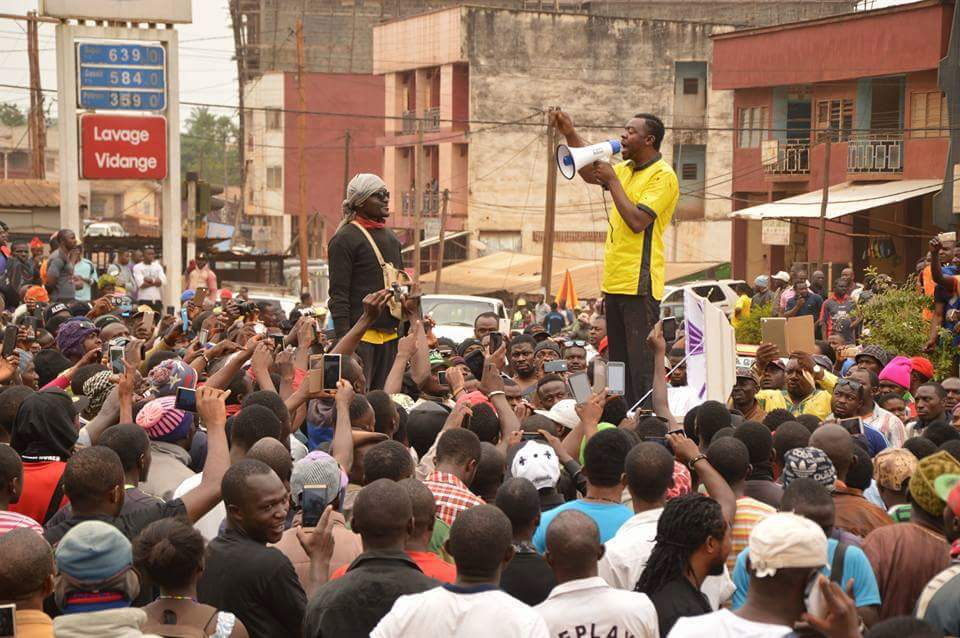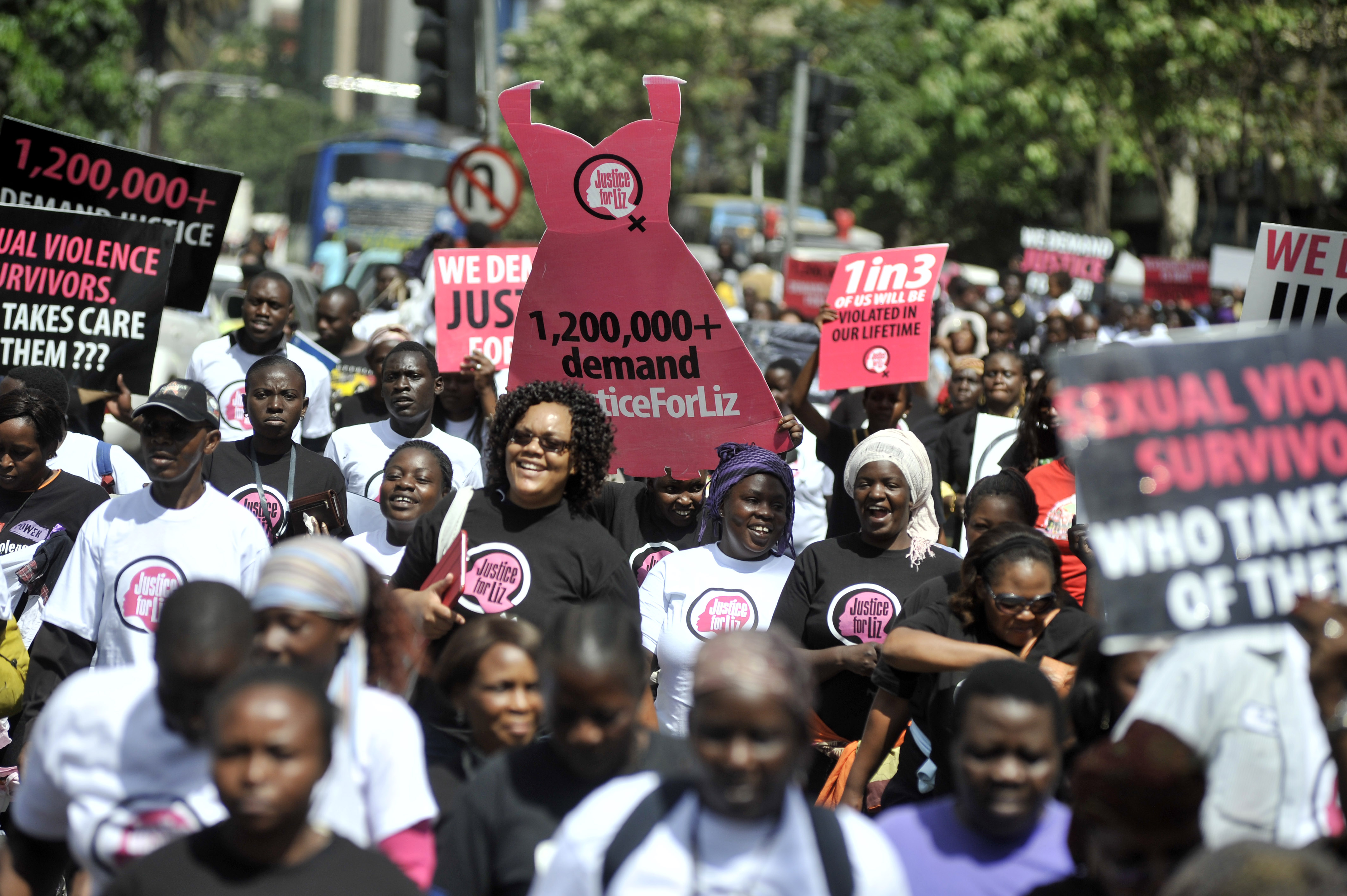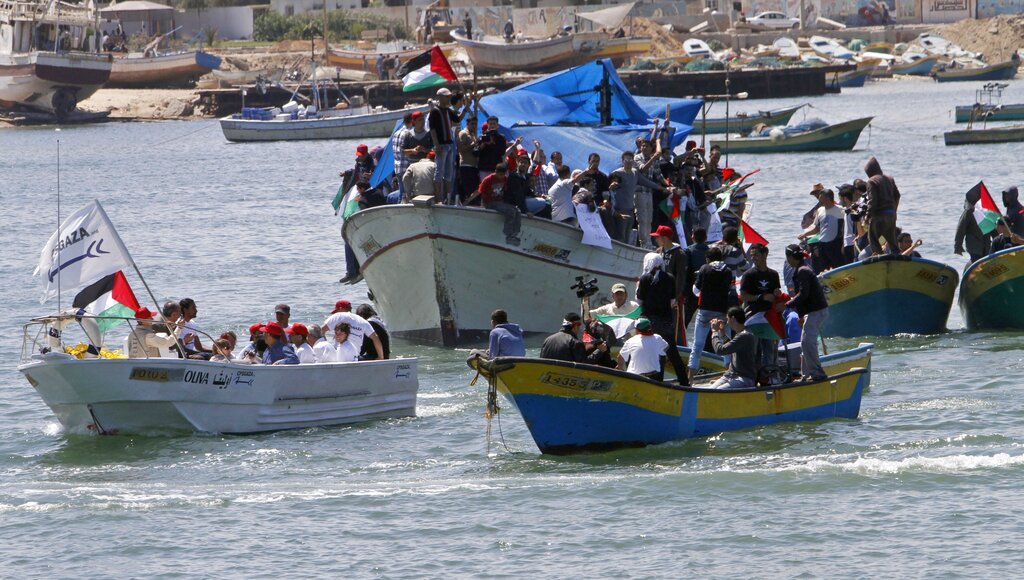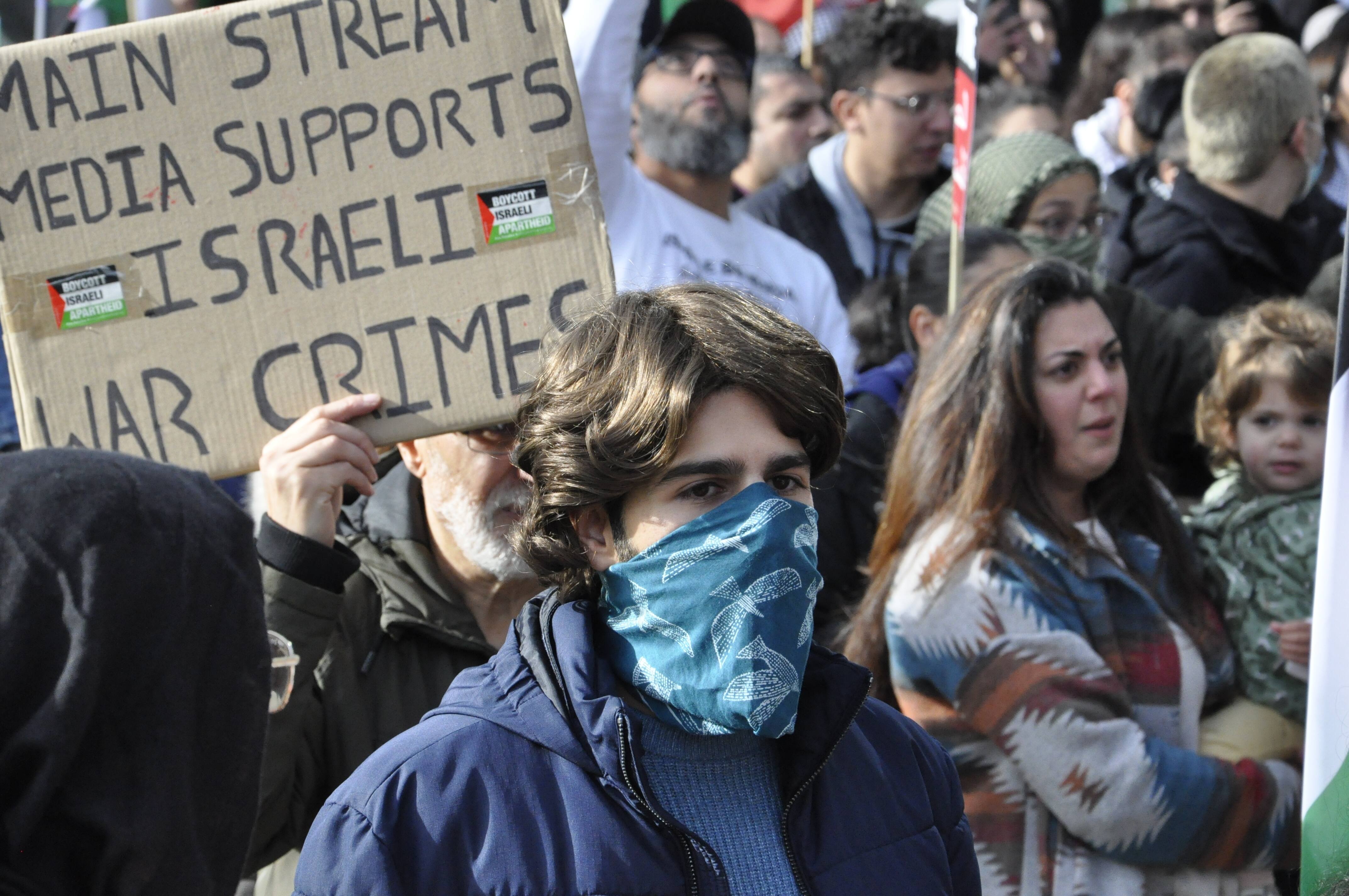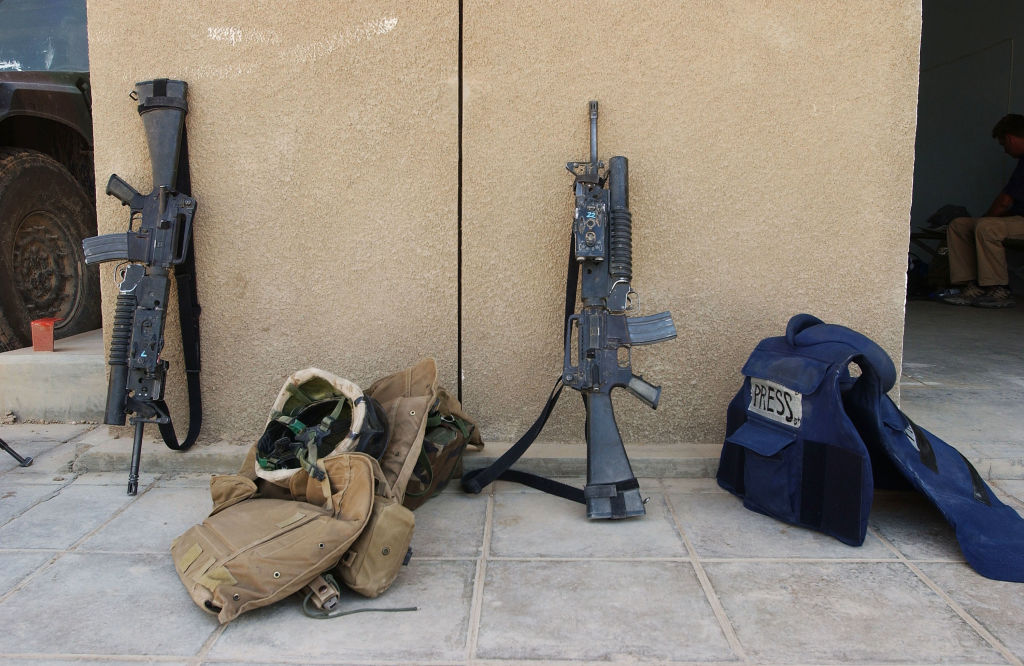لم يكن مستغربا أن يحظى الزفاف الأسطوري للأمير هاري والممثلة الأميركية ميغان ماركل في بريطانيا، باهتمام إعلامي منقطع النظير، فكل وسائل الإعلام كانت تتسابق للحصول على صور حصرية وتغطية متميزة لهذا الحدث، لعلمها أن أكثر من مليار شخص يتابعون هذا الحفل، وبينما كانت وسائل التواصل الاجتماعي، تضج بصور الزفاف ومن حضر ومن غاب عن الحفل، وسرد تفاصيل حياة العروسين، كان هناك جدل من نوع آخر على صفحات الجرائد البريطانية، يهم أخلاقيات المهنة، وكعادتها كانت صحيفة "الغارديان" السباقة لإثارة النقاش حول ضرورة التمييز بين الحياة العامة والخاصة للشخصيات العمومية، مستنكرة نبش وسائل إعلام بريطانية في أسرار خاصة لأسرة ميغان.
الحياة الخاصة وحرية التعبير.. حدود مبهمة
وفي الواقع فالصحيفة أعادت فتح نقاش قديم جديد في بريطانيا حول الحياة الخاصة والتعامل معها في وسائل الإعلام، كيف لا وقد أدى هذا الموضوع إلى فتح أكبر تحقيق قضائي يهم الممارسات الصحفية في المملكة المتحدة، منذ الحرب العالمية الثانية، والحديث هنا عن فضيحة التنصت على الهواتف التي كانت خلفها صحيفة "نيوز أوف ذو وورلد" الأكثر مقروئية في بريطانيا، والتي عصفت بإمبراطورية روربت مردوخ الإعلامية في المملكة المتحدة ووضعته محل محاسبة قانونية.
وإذا كان هناك اتفاق في الصحافة الغربية على أن حرية الصحافة هي حق لا يقبل النقاش، فهناك اختلاف في تفاصيل ممارسة هذا الحق. ولهذا سنجد أن الصحف الغربية الكبرى تخوض معركة شرسة لاحترام الحياة الشخصية، فمثلا صحيفة لوموند الفرنسية تضع حدودا بين حرية الصحافة وبين التدخل غير المبرر في الحياة الخاصة للأفراد حتى وإن كانوا شخصيات عمومية، وترى أن العمل الصحفي يجب أن يركز على الحديث عن وقائع والتحقق من صحتها وألا ينبني على الظن والشك أو المبني للمجهول، وحتى بالنسبة للصحفي كاتب الرأي فهو ملزم بتقديم معطيات تعضض رأيه وإلا يفقد رأيه القيمة حسب منظور الصحفية الفرنسية.
احترام الصحفي هذه الضوابط المهنية يفرض عليه أن يراعي أيضا القوانين سواء كانت مكتوبة أو عرفية، فالقانون المدني الفرنسي ينص على ضرورة احترام الحياة الخاصة للأفراد كيفما كانت وظيفتهم من رئيس الجمهورية إلى المواطن العادي وسنقرأ أيضا في الإعلان عن حقوق وواجبات الصحفيين أنه "يجب احترام الحياة الخاصة للأفراد".
أمام هذا التأكيد القانوني على احترام الحياة الخاصة لكل فرد، كيف يمكن للصحفي أن يمزج بين احترام المعايير المهنية وحتى القانونية وبين متطلبات عمله للتحقيق والبحث عن المعلومة خصوصا عندما يتعلق الأمر بالشخصيات العمومية؟ يمكن أن نعثر في ميثاق أخلاقيات المهنة الأميركي على الإجابة الأكثر وضوحا في هذه المسألة بالتنصيص على مبدأ مفاده "وحدها الحاجة العمومية الملحة من يمكنها أن تبرر التدخل في الحياة الخاصة للفرد".
فما هي الحاجة الملحة للرأي العام البريطاني التي يمكن أن تبرر التدخل في حياة ميغان ماركل ووالديها وخصوصا والدها؟ هنا تجيب صحيفة "الغارديان" بأن العديد من الصحف البريطانية وحتى العالمية استغلت والد ميغان بطريقة سيئة وتدخلت في حياته الخاصة، علما أنه لا يشكل خطرا لا على الأمن العام ولا يمس بصورة البلد ولا هو أسرف المال العام، فلماذا كل هذا التدخل في حياة أسرة الممثلة الأميركية؟
الجواب هو الرغبة في تحقيق الإثارة والنبش في أسرار الناس، والفضول غير المبرر، وهي دوافع لا علاقة لها بالعمل الصحفي بقدر ما هي مرتبطة بالهوس للرفع من عدد النقرات والمشاهدات. في المقابل هناك من يقول إن نشر معلومات حول شخصية عمومية أو محيطهم، يدخل في إطار الإخبار والإعلام وهذا مختلف، لأنها معلومة خاصة، لا يحق للقارئ أو المشاهد التعرف عليها ولا يمكن لأي وسيلة إعلامية نشرها دون أخذ الإذن من المعني بالأمر.
الحل: الرقابة المهنية والنقد الذاتي
ما العمل إذن لضبط هذه الانزلاقات التي تقف خلفها وسائل إعلام ربما يكون لها احترام ومتابعة كبيرة؟ هل هي الضوابط القانونية؟ هنا يقول البعض إن كثرة الضبط القانوني ستؤدي إلى التضييق على حرية التعبير، ليبقى الحل هو ما توصلت إليه مدونة الأخلاقيات للصحفيين الأميركيين التي نصت على أنه "يتعين على وسائل الإعلام والصحفيين فضح واستنكار أي تجاوز لأخلاقيات المهنة من طرف أي وسيلة إعلام أخرى" ضدا على مبدأ "انصر أخاك ظالما أو مظلوما"، وسبب إقرار المدونة الأميركية لهذا النص هو الوعي بدور وسائل الإعلام باعتبارها سلطة رابعة عليها أن تمارس النقد الذاتي قبل الانطلاق في ممارسة نقد الظواهر السلبية في المجتمع وفضح الفساد ومناصرة حقوق المظلومين.
وهذا ما فعلته صحيفة "الغارديان" في فضيحة التنصت على الهواتف، بنشرها سنة2002 خبرا مفاده أن محققين خاصين يعملون لصالح صحيفة "نيوز أوف ذي وورلد" تجسسوا على هاتف الفتاة ميلي داولر التي قتلت في عام 2002 وذلك عندما كانت الشرطة تجري بحثا عن ظروف اختفائها، حيث وظفت الجريدة مخبرا كان يتجسس على العلبة الصوتية لهاتف الضحية بل مسح الرسائل الصوتية لهاتف الضحية حتى يوهم أهلها والشرطة بأنها على قيد الحياة ما أخر التحقيقات، ثم توالى تحقيق الغارديان إلى حين الكشف عن تعمد صحيفة "نيوز أوف ذي وورلد" إلى تقديم رشا لضباط شرطة، وعمليات تنصت وابتزاز للعديد من السياسيين ومشاهير الرياضة والسينما، ثم ظهر أشخاص آخرون كانوا هدفاً للتنصت، مثل ضحايا جرائم القتل المختلفة، والجنود الذين سقطوا في حربي أفغانستان والعراق، وضحايا تفجيرات لندن الإرهابية في عام 2005، ومازالت تبعات هذه القضية مستمرة إلى الآن ما جعلها من أطول القضايا في تاريخ بريطانيا.
ولعل الهاجس الذي يحرك هذه الصحف العريقة لدق ناقوس الخطر حول وضع حدود واضحة بين الحياة العامة والخاصة، هو الخوف من غلبة الصحافة الفضائحية التي تقتات من أسرار المشاهير والشخصيات العمومية وحياتهم الخاصة، وتحيد بالنقاشات في المجتمع عن القضايا المهمة والمصيرية بالنسبة للمواطن، فبدون هذه الحدود المرسومة قد تتحول حرية الرأي والتعبير إلى مبرر ديكتاتوري أعمى، لا يراعي القيم والأخلاق ولا الأضرار التي يمكن أن تنجم عن التدخل في الحياة الخاصة للناس، فحتى لو كانت المعلومة تهم شخصية عمومية، فالأكيد أن كل محيطه (الأسرة، العمل، الأصدقاء) قد يتضرر من الأمر دون أن يكون لأي طرف ذنب في الموضوع.
حرية التعبير حق ومسؤولية أيضا
وهكذا فخطر الصحافة التي من دون حدود أخلاقية والتي ترى أن حرية التعبير مطلقة لا تحدها قوانين ولا ضوابط، وتعتبر استغلال الحياة الخاصة للناس أمرا مشروعا، لا يقل عن خطر المتاجرة في المعطيات الشخصية أو التجسس على الناس. ليس من وظائف الصحافة القيام بدور المخبر بل على العكس من ذلك، فهي من يحمي المواطن من كل هذه التجاوزات.
وبالعودة إلى صحيفة "الغارديان"، فهذه الصحيفة رسمت شروطا واضحة للتدخل في الحياة الخاصة لأي شخص مرتبطة بقيام شخصية عمومية بأفعال تنافي القانون أو إن كانت الحياة الخاصة لتلك الشخصية تكلف الميزانية العمومية أو تؤثر على أمن البلاد وسياساته، وهناك أمثلة عديدة كما حدث مع المدير السابق لصندوق النقد الدولي دومينيك ستروس كان، بعد تورطه في فضائح جنسية، وكذلك الأمر بالنسبة للرئيس الأميركي سابق بيل كلينتون، وفضيحته مع مونيكا لوينسكي في البيت الأبيض، وهنا أيضا لابد من الانتباه لضرورة احترام الصحفيين لقرينة البراءة في حال عدم إدانة المتهم، وهو ما لم يحدث مثلا مع المفكر طارق رمضان الذي انطلقت صحف فرنسية وغربية في إدانته قبل القضاء والنبش في أسراره الشخصية.
وانطلاقا من الوعي بخطورة عدم ضبط حرية التعبير بمعايير مهنية وأخلاقية فقد وُضع ميثاق ملكي سنة 2013 ينظم عمل الصحافة في بريطانيا وتخضع الصحافة بموجبه إلى نظام لجنة الشكاوى التي تتمتع بصلاحية إلزام الناشرين بتقديم اعتذارات مسبقة وتسديد غرامات بمليون جنيه إسترليني، ولا يمكن تغيير صلاحيات هيئة الرقابة إلا بتصويت ثلثي غرفتي البرلمان، بناء على هذا التشريع.
إن ما قامت به صحفية "الغارديان" من التحذير من الخوض في الحياة الخاصة لعائلة ميغان ماركل، هو انتصار للعمل المهني ولأخلاقيات الصحافة، ولنبل الرسالة الإعلامية، فنشر المعلومات الشخصية يمكن لأي أحد أن يقوم به في منصات التواصل الاجتماعي، سواء كانت معلومات صحيحة أو خاطئة، دون رقيب لكن منطق وسائل التواصل الاجتماعي شيء، والصحافة شيء آخر، باعتبارها مسؤولية أخلاقية، أمام القارئ والمجتمع وحتى أمام التاريخ.
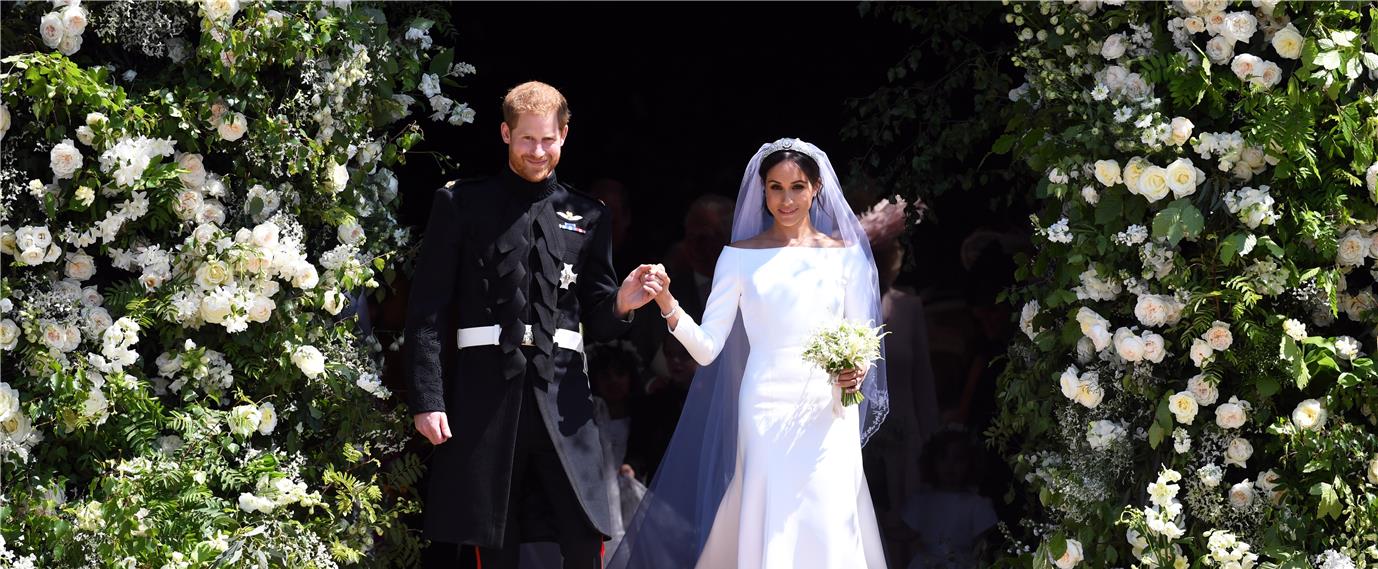
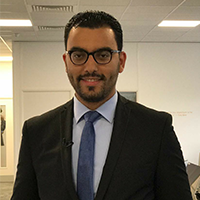
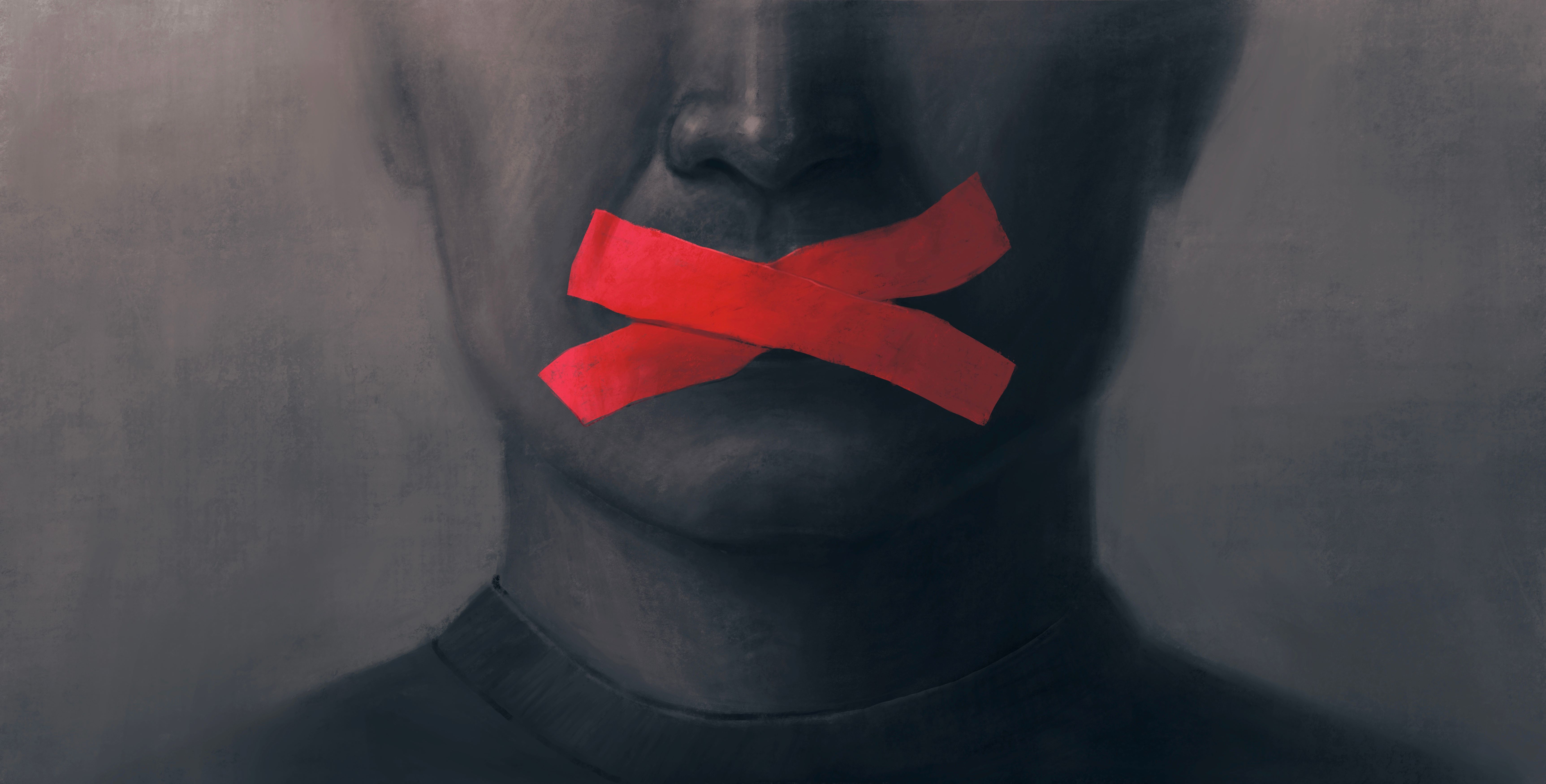



























![A demonstration against Israel's war on Gaza on Paulista Avenue in São Paulo on November 4, 2023, draws attention to the deaths of children while the media focuses on the war against terrorists. [Photo: Lina Bakr]](/sites/default/files/ajr/2024/Picture1.png)

